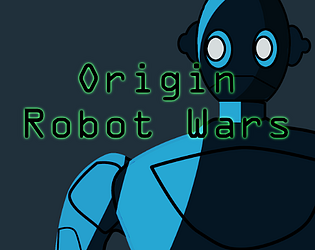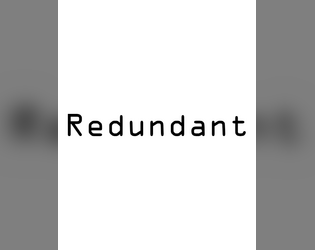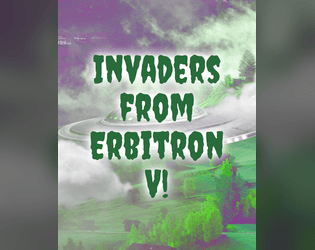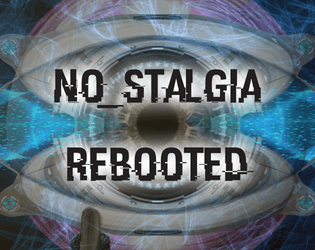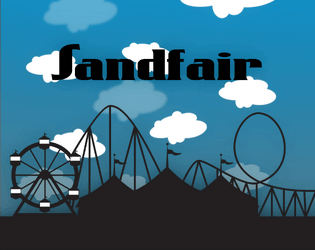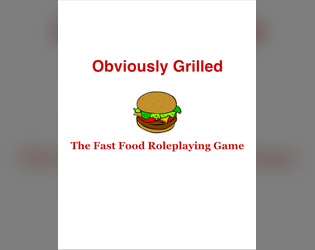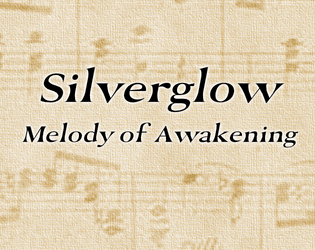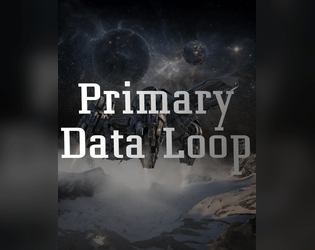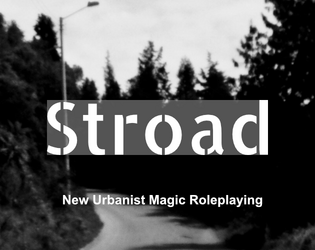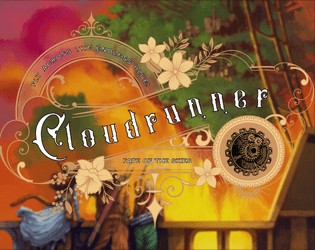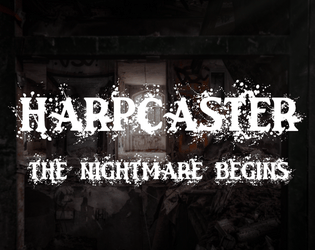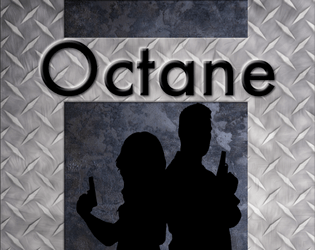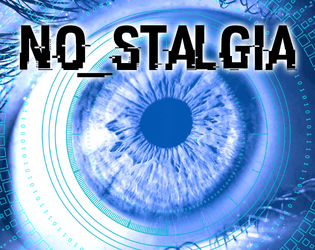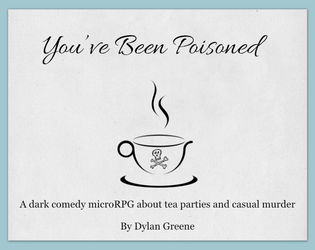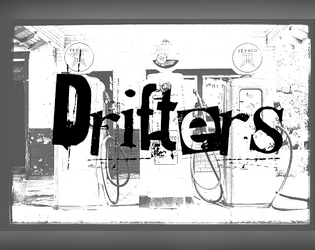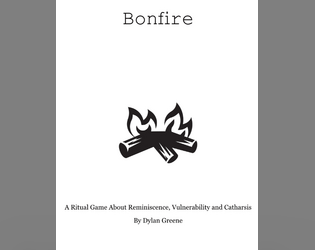I wrote a game called "Origin: Robot Wars." It's very Mega Man-inspired. I want to return to it at some point to make a more fleshed-out version, but I'm happy with it being my first PassKey game.
americanspaceprince
Creator of
Recent community posts
1. You can stream going over this game. Send me a link!
2. Yes.
3. I watch a lot of Not Just Bikes and similar content that talks about urban planning, and I remember learning about how devastating building car-centric infrastructure was. I wanted to channel the hope of building a better city into the game.
4. I was making this in a system I was familiar with already, but I wanted to approach magic in a unique way. I didn't simply want to replicate a Vancian style magic system, especially since all player characters were magical. That's how I got the idea of the urban mage.
5.Twitter: @dgcloudrunner
https://fari.games/en/srds/fari-rpgs/charge-rpg/economy-extra
# Economy Extra | Extras
**An abstracted form of economic interaction that models a fluctuating market system**
\- By Dylan Greene
This is a genericized version of the Marketplace and Shard system that I designed for No_Stalgia. It’s meant to be an abstracted form of economic interaction that models a fluctuating market system. In No_Stalgia, interacting with the Marketplace is a core gameplay function, which combined with its hacking rules makes for a highly exploitable economy. It may be tempting to include this extra for the sake of being comprehensive, but remember that it should add to whatever you’re designing.
## The Market Clock
When players buy and sell goods on the market, they need to make a market roll. Every market roll starts with 1d6 but the economy ebbs and flows over a day which might add or remove dice to the roll. Players can also spend money to add 1d6 to a roll per money spent.
- Empty: Equilibrium
- One segment: Low (+1d6 when buying, -1d6 when selling )
- Two segments: High (-1d6 when buying, +1d6 when selling)
- Three segments: Low (+1d6 when buying, -1d6 when selling)
- Full clock: High (-1d6 when buying, +1d6 when selling)
The market clock automatically ticks forward once per scene and automatically resets after filling up.
## Money
Money is represented in a ten-point scale that’s abstracted for the sake of gameplay. This is very similar to how Blades in the Dark handles money. Design for price points at 1, 2, 4, 6, 8 and 10. A very basic commodity like an average week’s wage can represent 1, while massive expenditures like property can represent 10.


